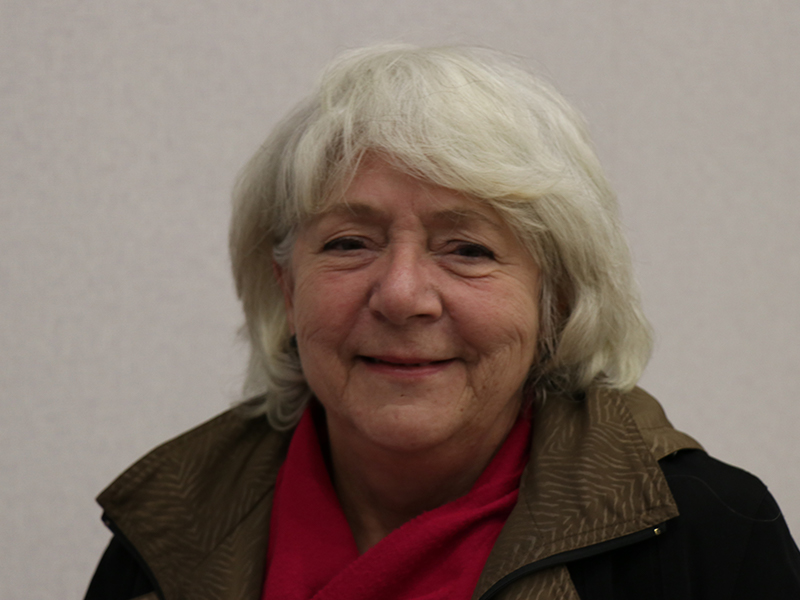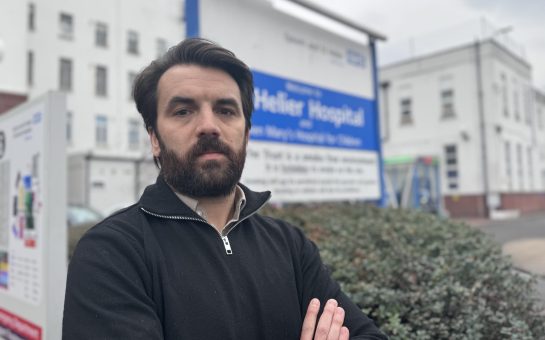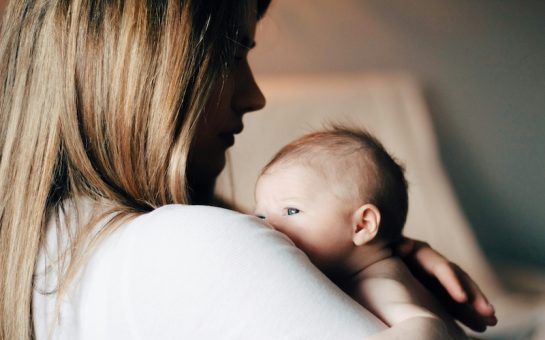Joe Ives
March 4 2020, 11.45
Follow@SW_Londoner
Coronavirus quarantine pods have been installed at St Helier as plans develop to reduce the emergency services at the hospital.
The emergency departments dealing with the virus are under threat following plans by the NHS Surrey Downs, Sutton and Merton Clinical Commissioning Groups to reduce emergency services at Epsom and St Helier hospitals.
Of three options on the table, the NHS group’s preferred choice is to construct an urgent treatment care centre next to the Royal Marsden Specialist Cancer Hospital.
This would centralise several crucial services including critical care, acute medicine, emergency surgery, impatient paediatrics and births to one specialist emergency care hospital in Sutton.
It would reduce these services at St Helier and Epsom, where the virus is being addressed.
Sandra Ash, 72, of Keep Our St Helier Hospital, said of the plans: “They are knowingly putting people’s lives at risk. This is a step on the way to reducing the number of major acute hospitals to a skeleton service – in all senses of the word.
“They present it as ‘Would you like a shiny new hospital?’ There’s not a single hint at what you might lose.”

Andrew Murray, a GP and clinical chair of NHS Merton CCG, said: “We are investing £500m to build a brand new 21st century hospital and improve the quality of care for local people for generations to come. We have a once in a lifetime opportunity and we need to make this happen.”
It was announced on Friday that a British man who was one of 621 people quarantined on board the Diamond Princess cruise ship in Japan had died. The total number of people infected with the Coronavirus has risen to over 93,000.
Covid-19, which emerged from Wuhan, China, is now thought to have taken the lives of more than 3,100 people.
Feature image credit: Dr Neil Clifton.




